Artist-Producer Lab
Formerly known as the Artist Producer Training Program
The Artist-Producer Lab (APL) is a revamp of Generator’s popular signature activity, the Artist Producer Training Program. The APL brings together a cohort of emerging artist-producers to hone their competencies, networks, and critical skills to better thrive as artist-producers in the indie sector, and to participate in the progressive sector change they wish to see. Participants work as a cohort, one-on-one with an individualized mentor, and with the Generator staff to develop their own micro sector research project.
Generator recognizes that producing is a creative practice. We reject the binary that separates “boring, efficient office worker” from “passionate, clueless creative” and embrace the exciting, fertile and collaborative space where arts management and live performance meet. Over the course of the past six years of APT cohorts, the program has transformed the careers of thirty-seven artist producers.
2025
2024
We are thrilled to welcome this initial cohort of the Artist-Producer Lab as we shift to this new format. The 2024 Lab has a focus on supporting artist-producers leading community-engaged performing arts projects. This evolution of the program was devised by Nikki Shaffeeullah in conversation with Bianca Guimarães de Manuel with the support of Patricia Allison.
2022/23
APT Embedded is an 80+ hour experience for an artist producer to be embedded directly within an organization for a unique learning experience that is supported both by the host organization and Generator. Four artist producers are matched with one of our partner organizations: Toronto Fringe, DanceMakers, Shakespeare in the Ruff, or SummerWorks. They will work with Generator and their cohort for about 10 hours, will have at least 70 hours of time within the host organization, as well as have time for self-directed learning and research. The program is coordinated by Eva Barrie.
2021/22
Peer to Peer [Special Edition] - In 2022, Generator invited each Artist Producer Training (APT) program graduate to identify one (1) artist or arts worker, to engage in an in-depth conversation about current creative practices, and to surface and understand more about our collective hopes, needs, and challenges as artists, and as producers in the performance sector. Each APT graduate was asked to document their conversations (in any format) and share this documentation with Generator, with an aim towards further sharing on our blog and social media platforms. The overall themes and topics of discussion within these conversations were varied, and bring many emergent and urgent issues into focus. As well, everyone was encouraged to work within their own personal capacity, to produce their documentation.
To support further community and sector knowledge sharing and conversation, Generator is sharing all of the project documentation (mostly unedited).
Find the APT 2022 Peer Conversation Project HERE.
2020/21
Our 2020/21 cohort was Makram Ayache, Avery-Jean Brennan, brawk hessel, Rochelle Ellar, and Olivia Shortt. Learn about them here. APT was a self-directed program for 2020/2021. The participants guided their own individual learning—we invited them to look to the leaders and mentors that they feel will best serve their development as artist producers. At Generator we worked with the 2020/21 cohort to create individual learning plans supported by direct mentorship from Lead Producer Kristina Lemieux and Training Consultant Sedina Fiati. These individual plans were accompanied by opportunities for the cohort to come together in shared learning. Each participant received funds to support their time and to seek learning opportunities outside of the Generator team.
The 2016/17 APT cohort. Top row: Chiamaka G. Ugwu, Christopher Manousous, Mamito Kukwikila, Michelle Langille, Ruthie Luff, Emma Westray, Kristina Lemieux (Lead Producer); bottom: Ishai Buchbinder, Maddie Bautista, Katie Leamen (Facilitator), Brian Postalian.
The 2018/19 APT cohort in a ‘Producing the Experience’ class led by graduate Christopher Manousous (centre). Left to right: Kitoko, Teiya Kasahara, Tsholo Khalema, Sedina Fiati (Facilitator), Jordan Campbell, Mikaela Demers.
Generator APT folk past and present are also Harold Award folk past and present! Left to right: Ryan G. Hinds (2017/18), Kevin Matthew Wong (2015/16), Andrea Scott (2015/16), Scott Emerson Moyle (2017/18), Aaron Jan (2019/20).
APT Curriculum
Curious about what our APTers are learning and where they get placed for their practicums?An Inside Look into APT History
In these videos, Generator’s previous Lead Producer Kristina Lemieux and previous Artist Producer Training Facilitator Sedina Fiati talk about the program and the 2019/20 application process . Plus, 2018/19 APTers Tsholo Khalema, Mikaela Demers and Jordan Campbell talk about their experiences in the program.
APL Graduates
APT Embedded 2023
APT Graduates
Curious About the Difference APL (formerly APT) Makes?
Here’s a mind map charting how our graduates view the impact the program has on their careers. Graphic design by Kinnon Elliott, based on interviews conducted by Asher J. Rose. You can read stories from graduates Kevin Matthew Wong (2016) and Ryan G. Hinds (2018) and see more information related to the APL (formerly the APT) on our Updates page.

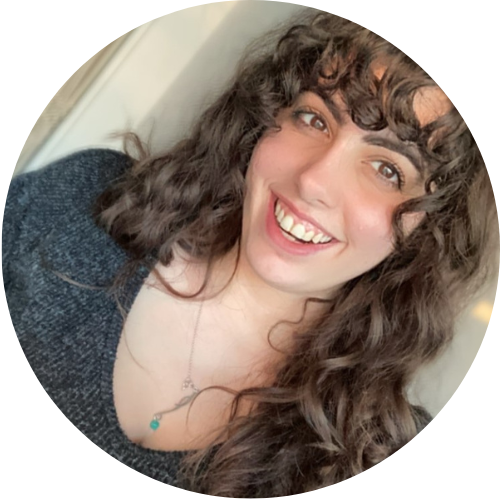

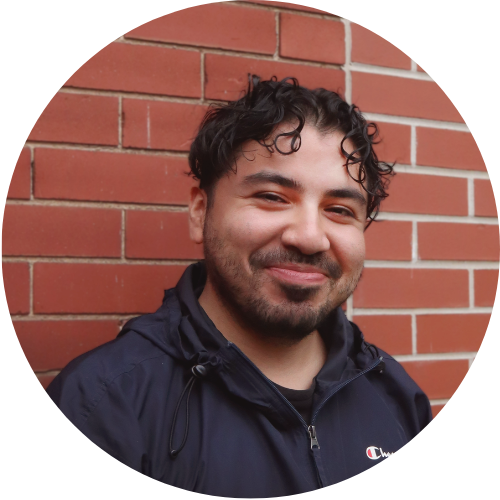

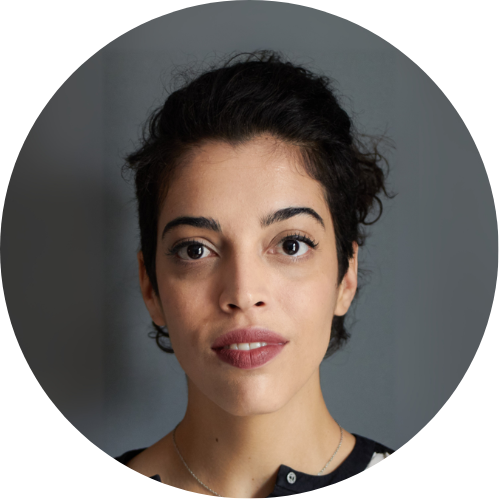
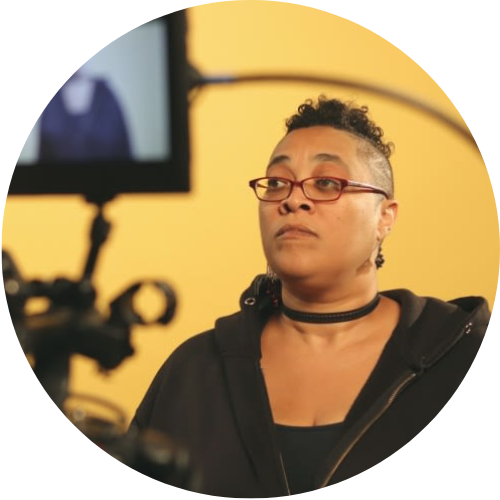

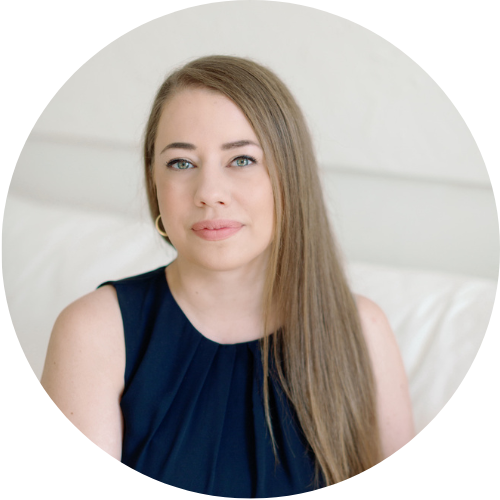

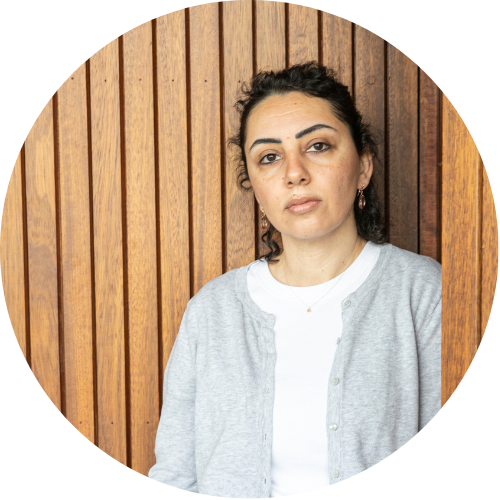

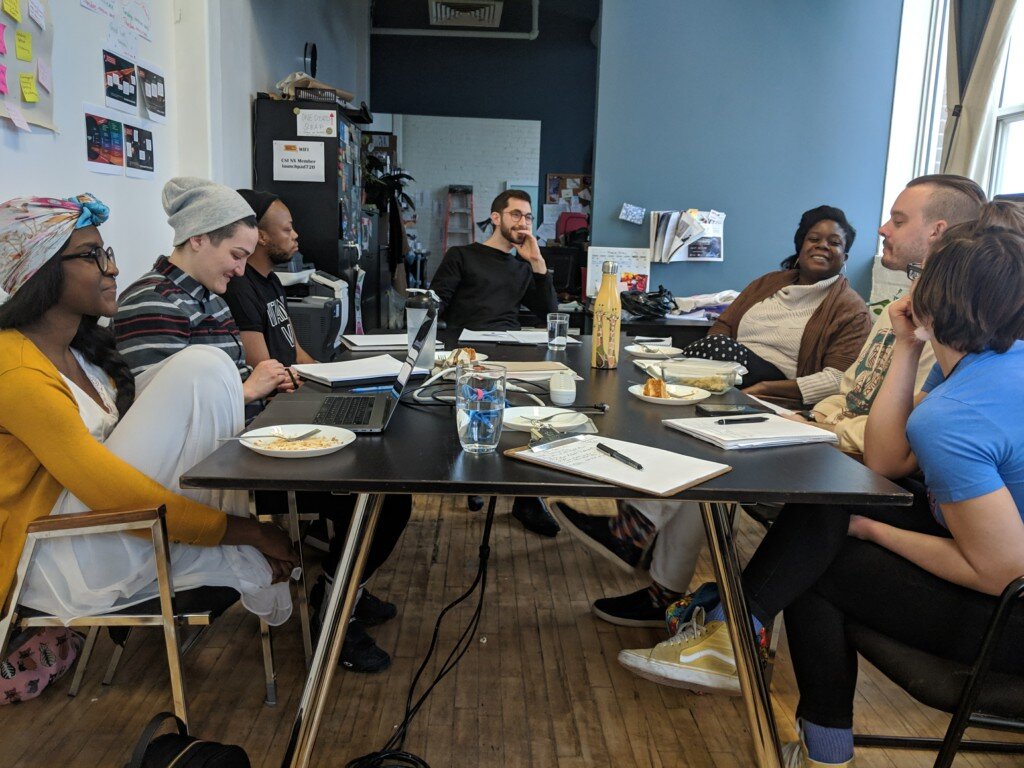













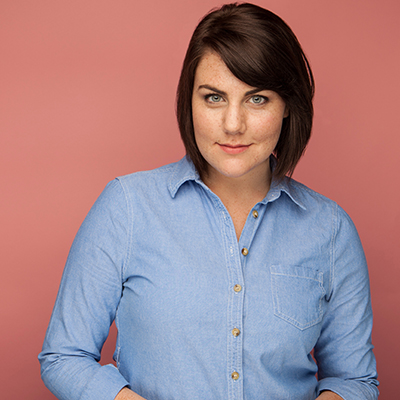
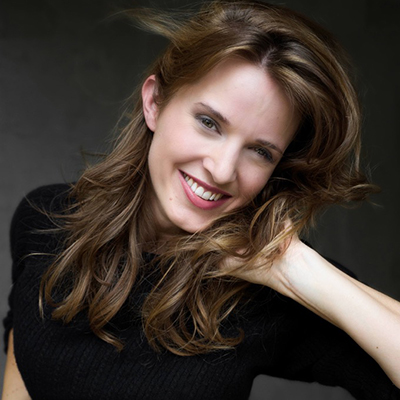
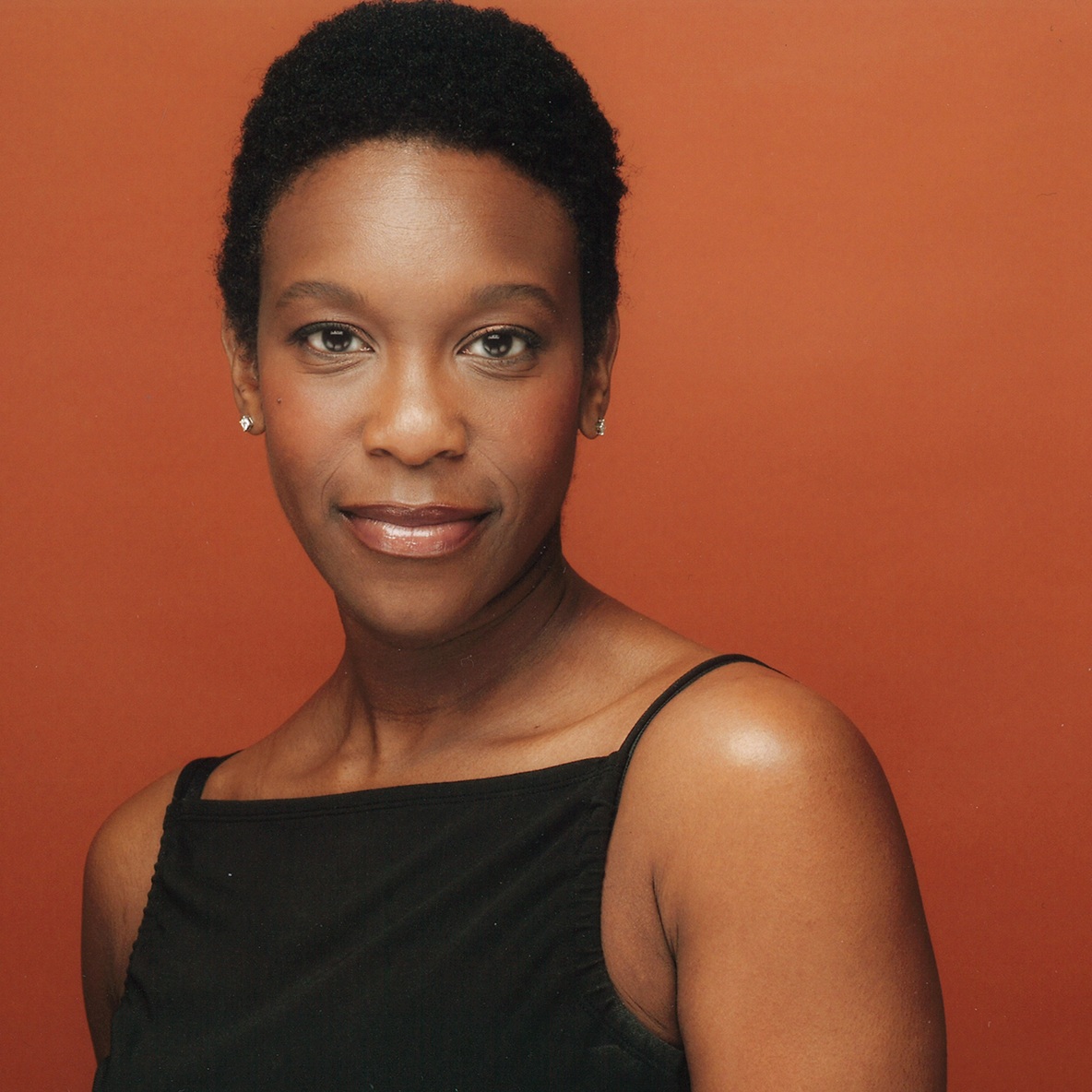
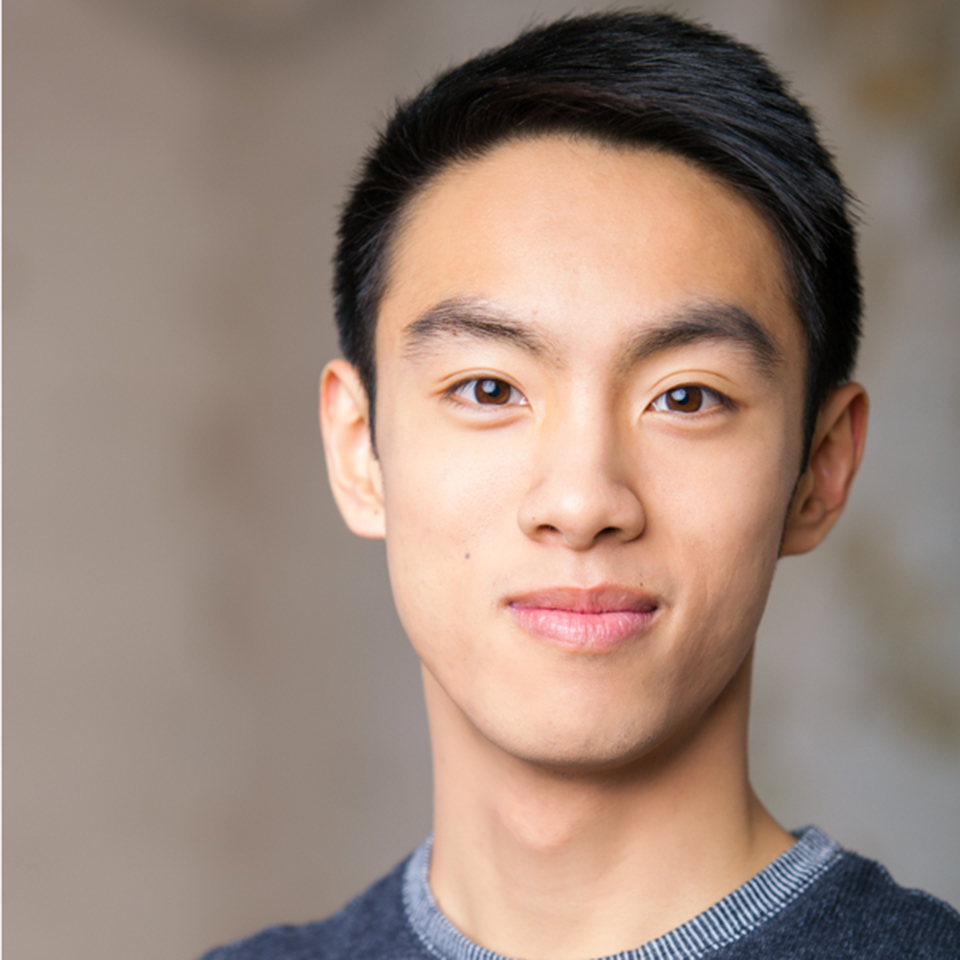
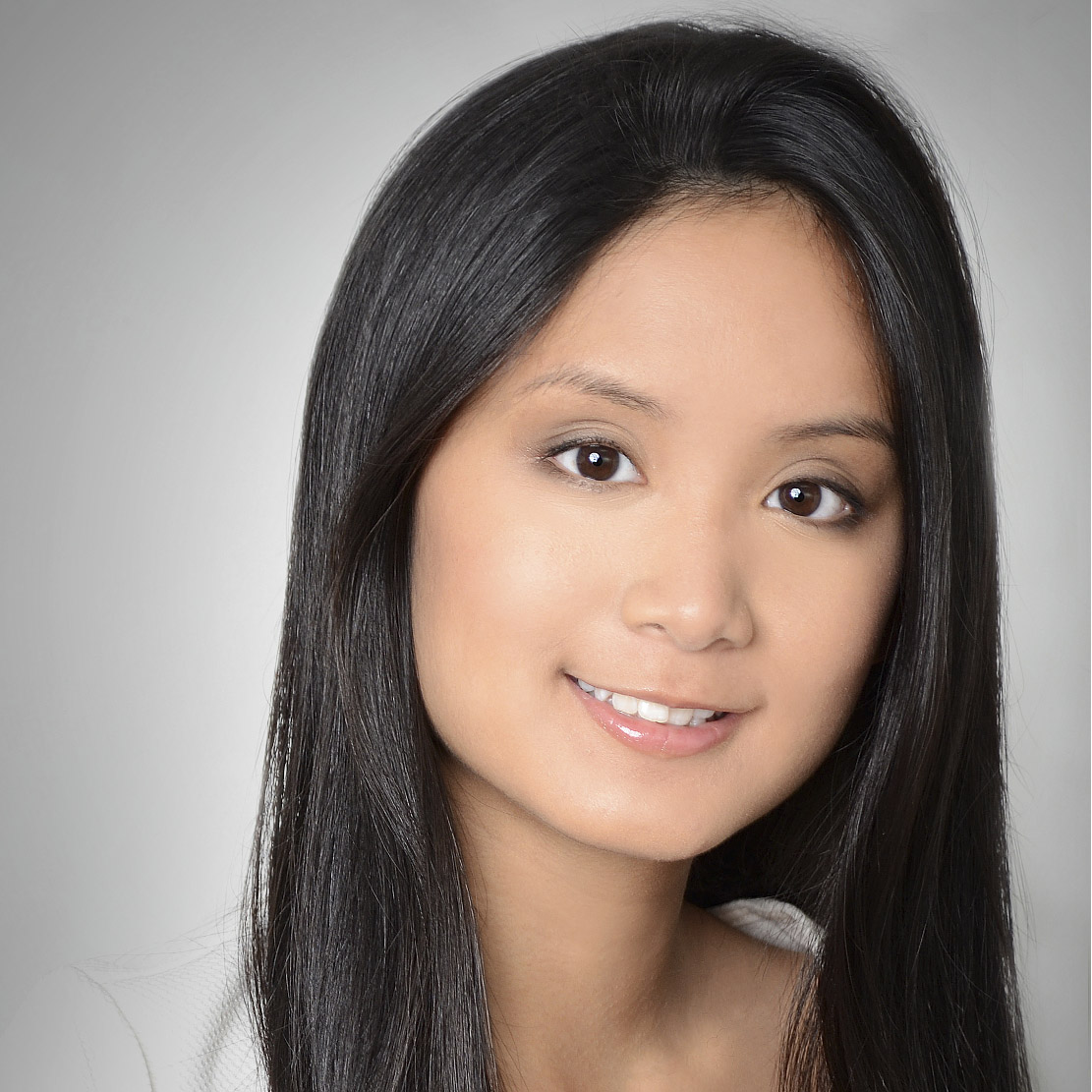
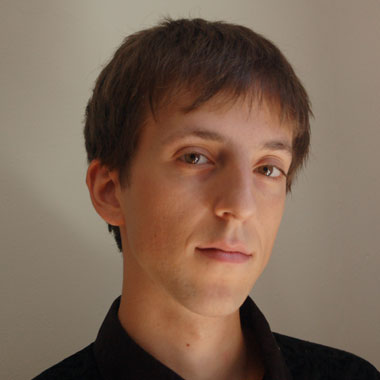

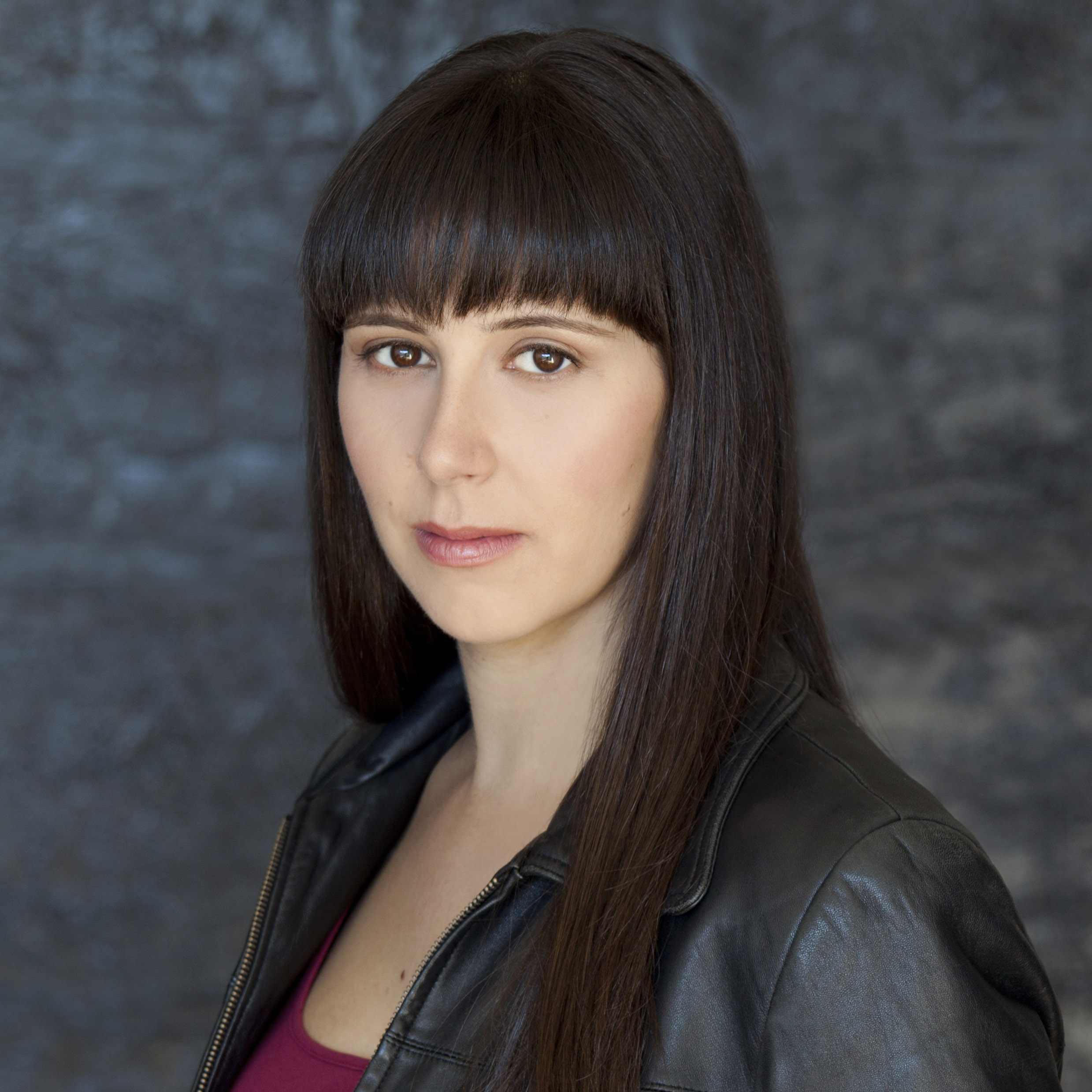
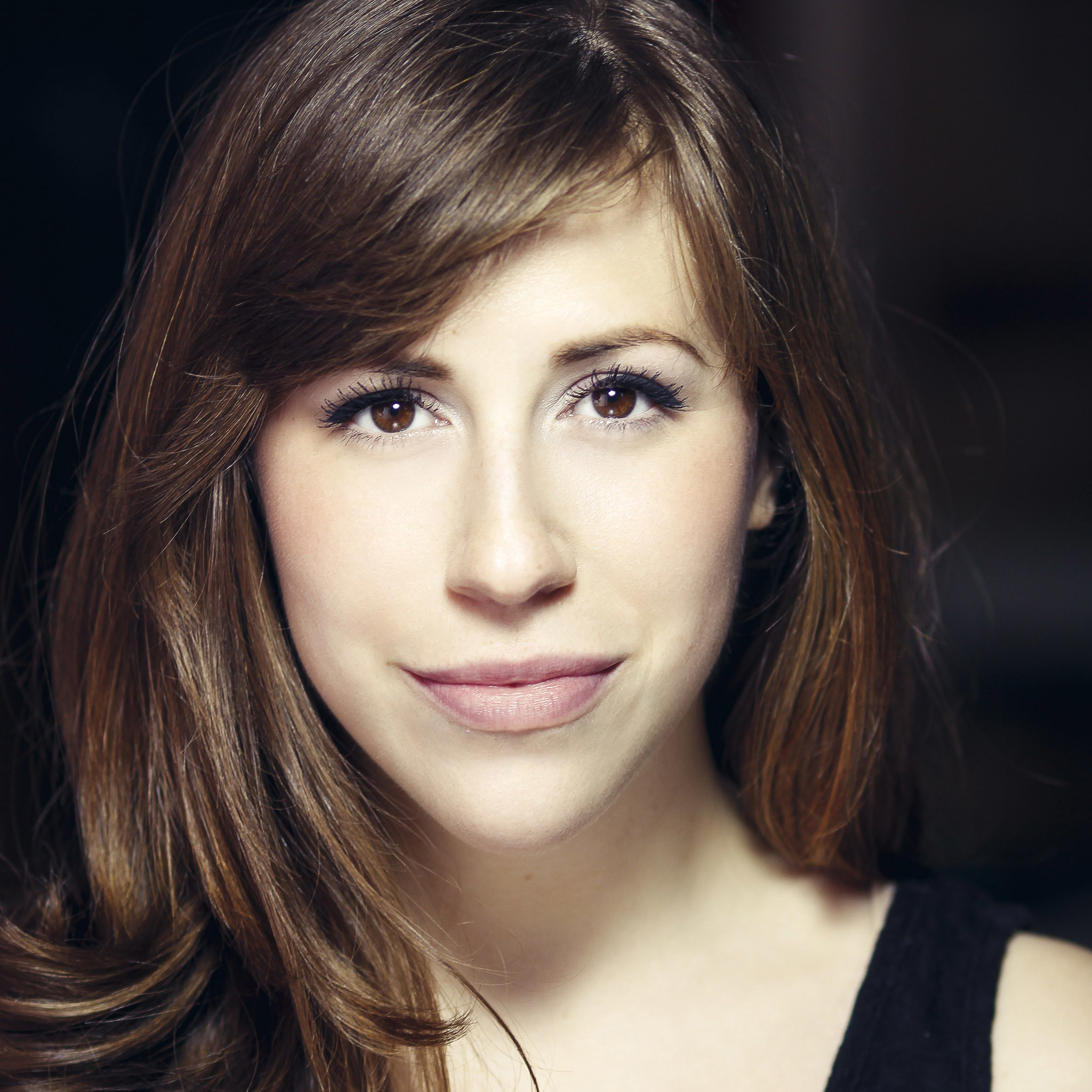
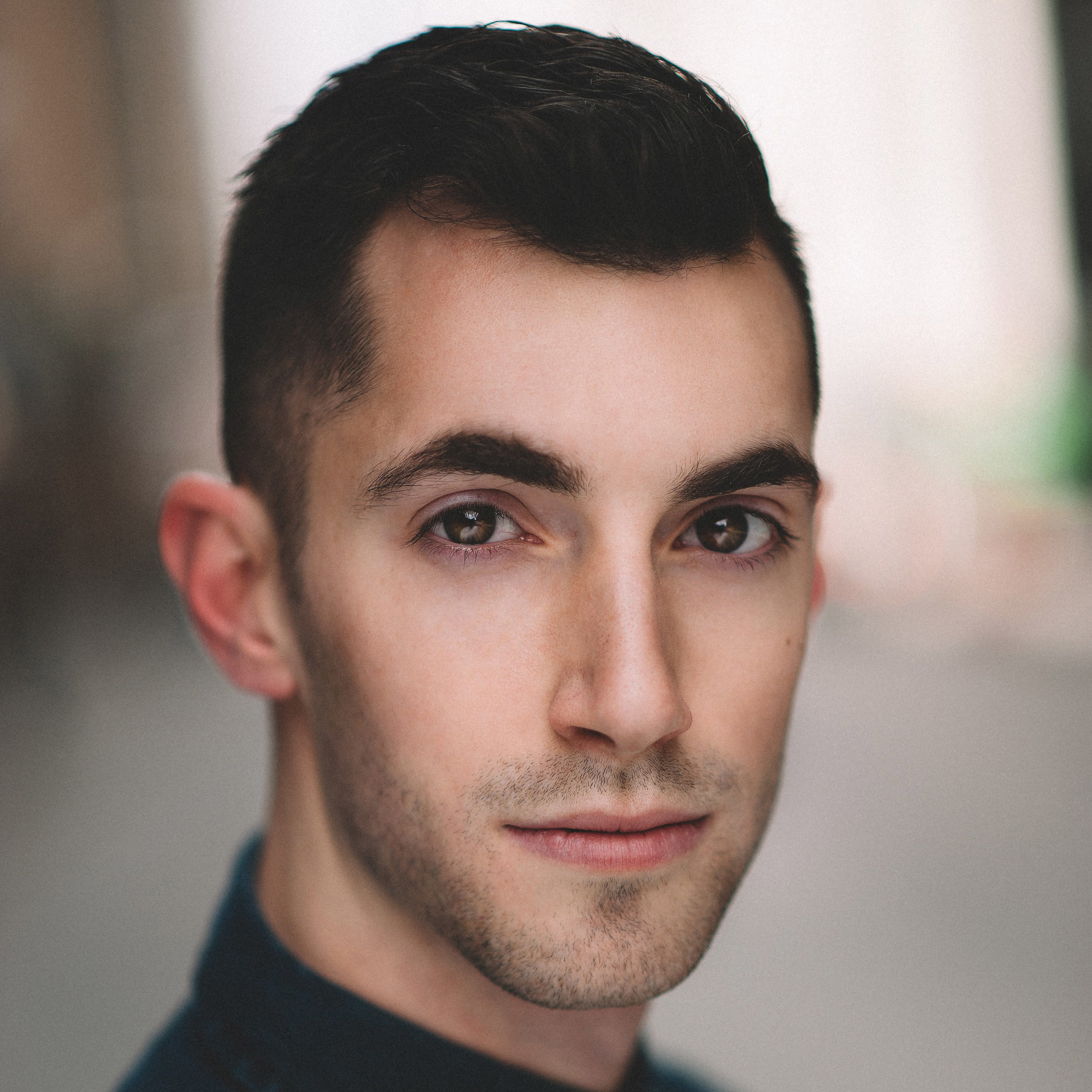
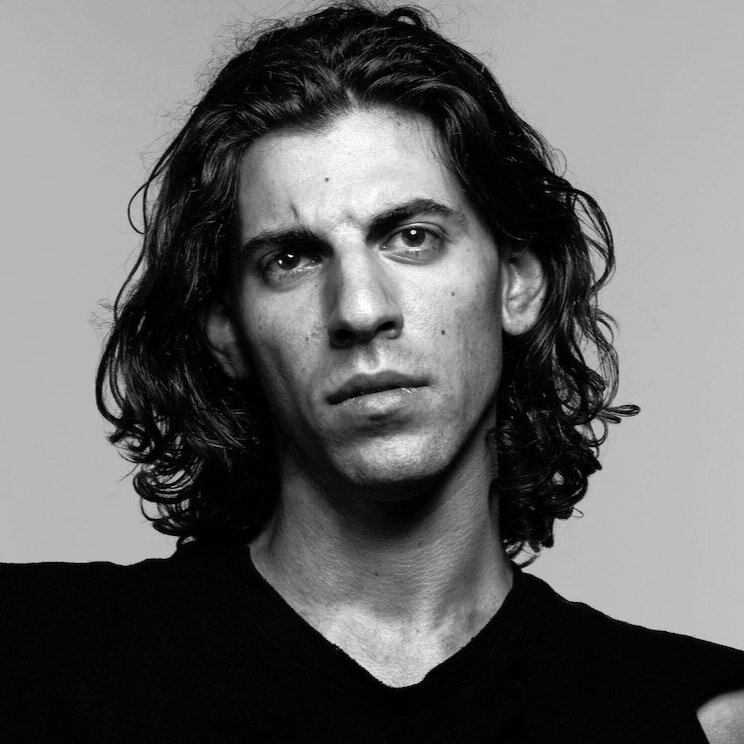

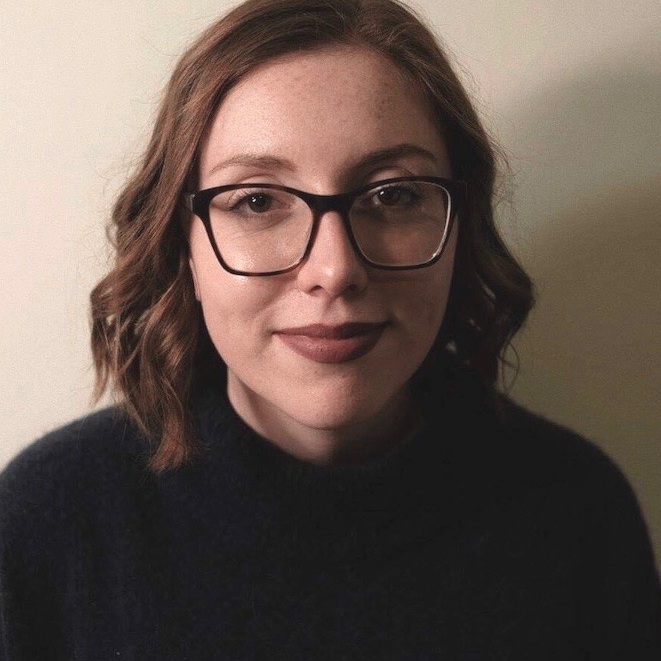
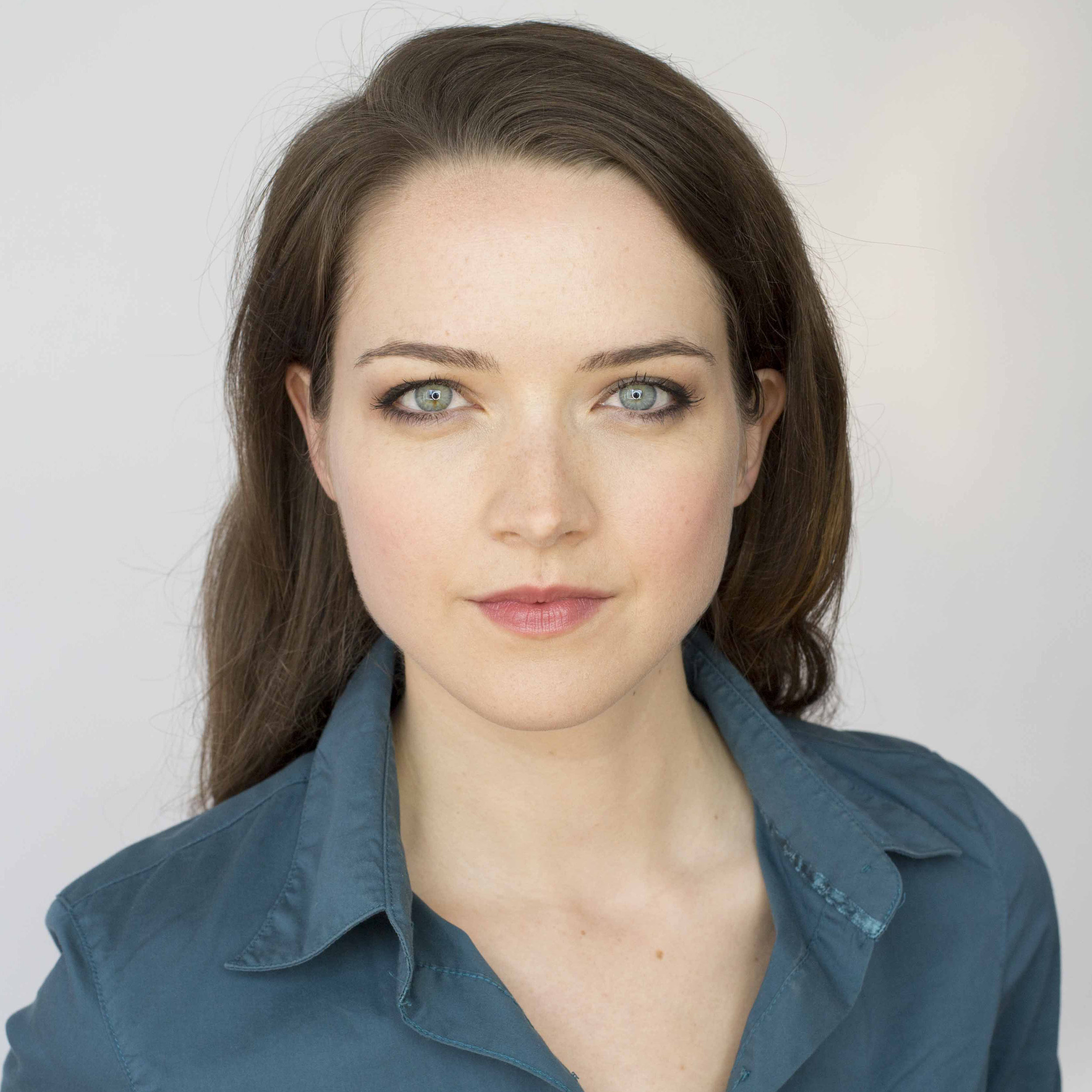
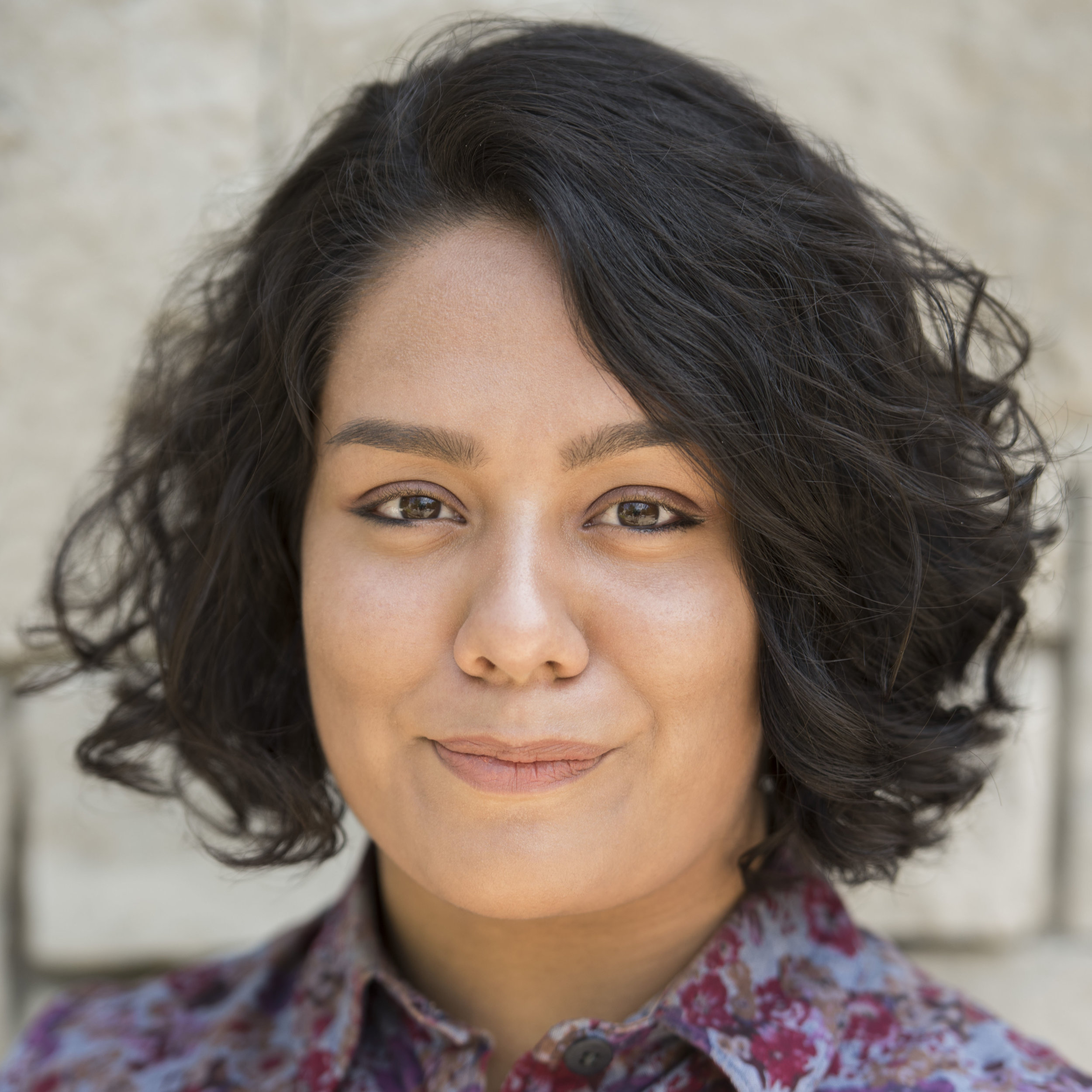
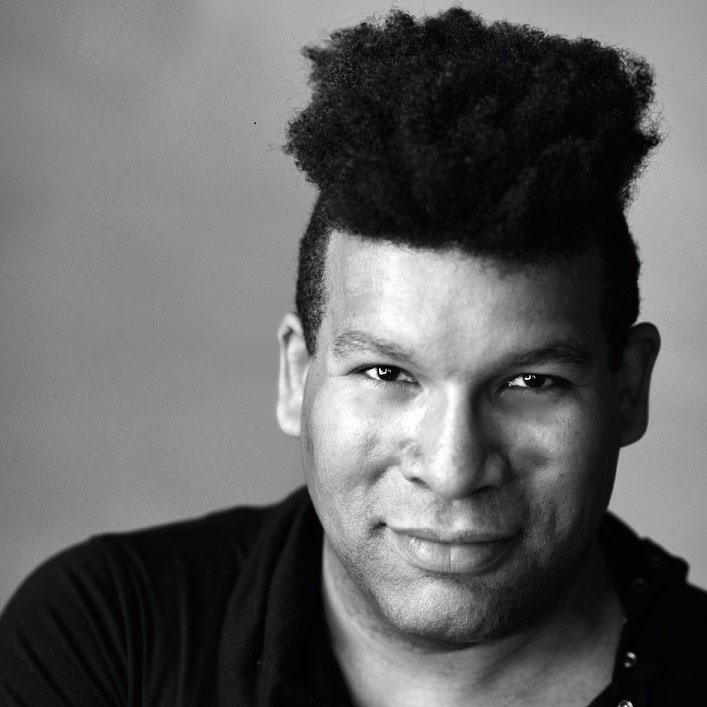
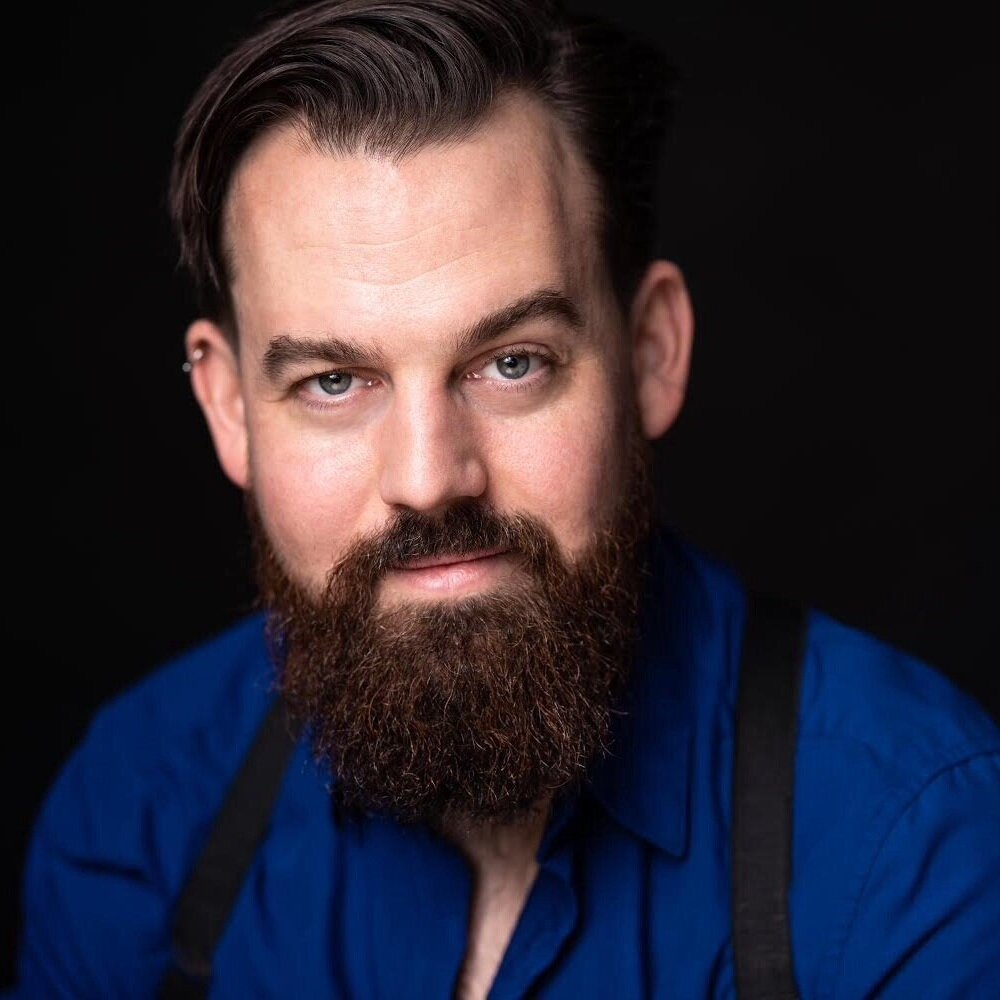
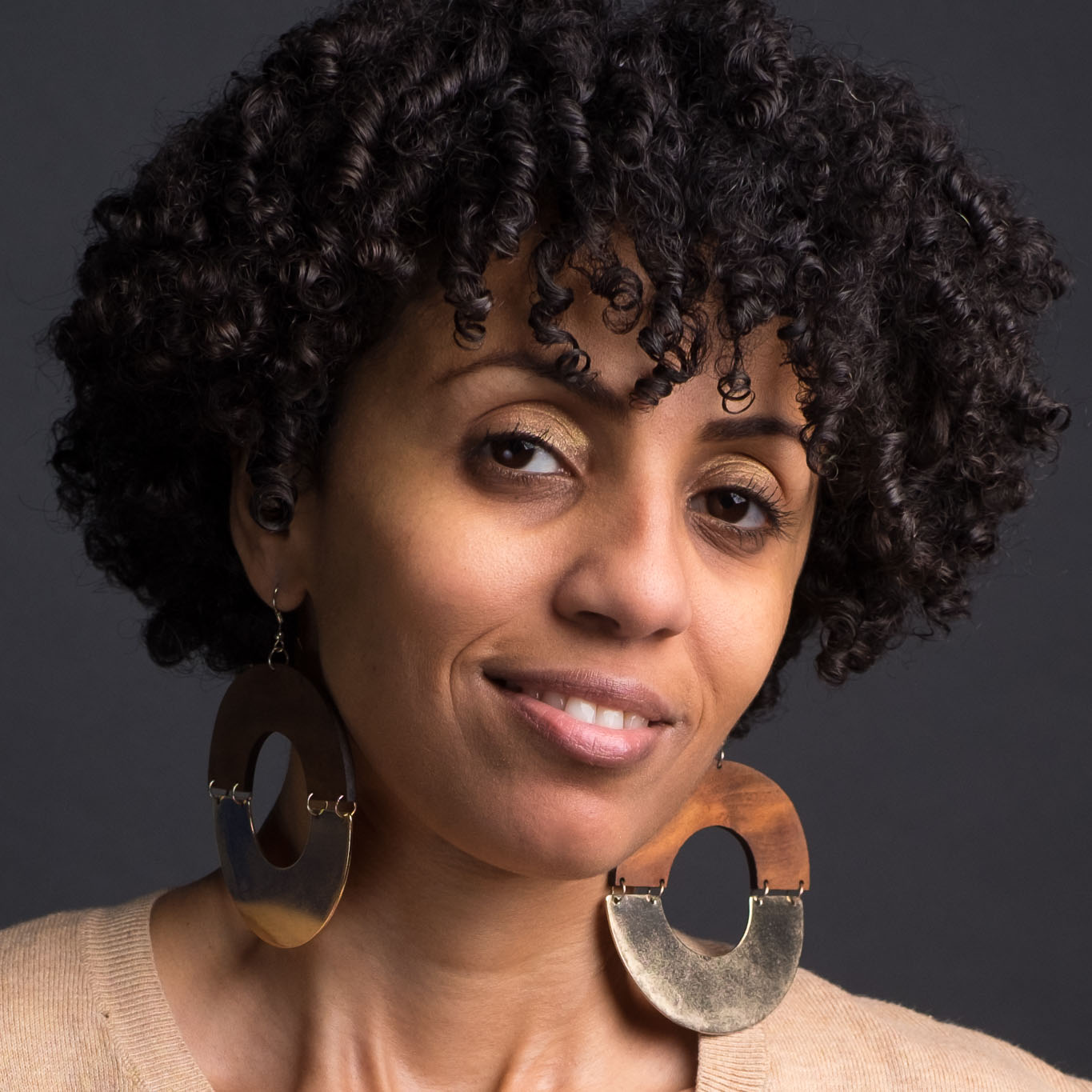
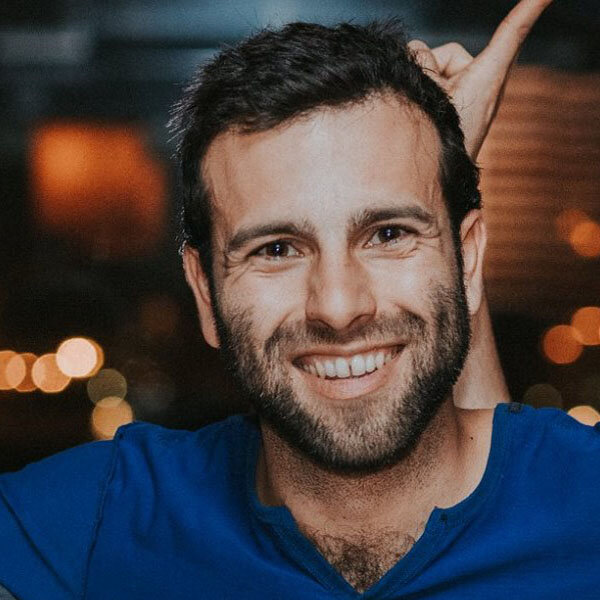
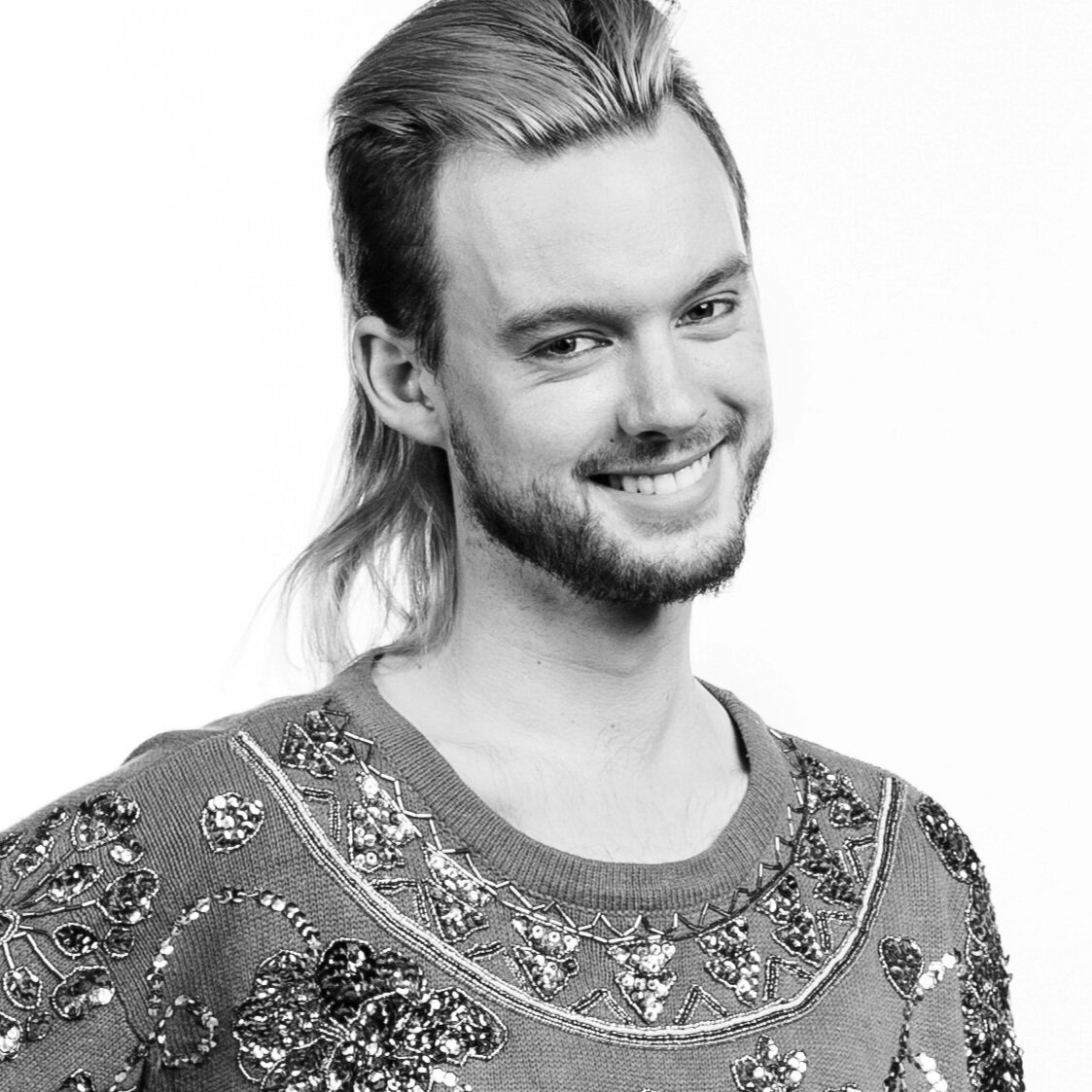
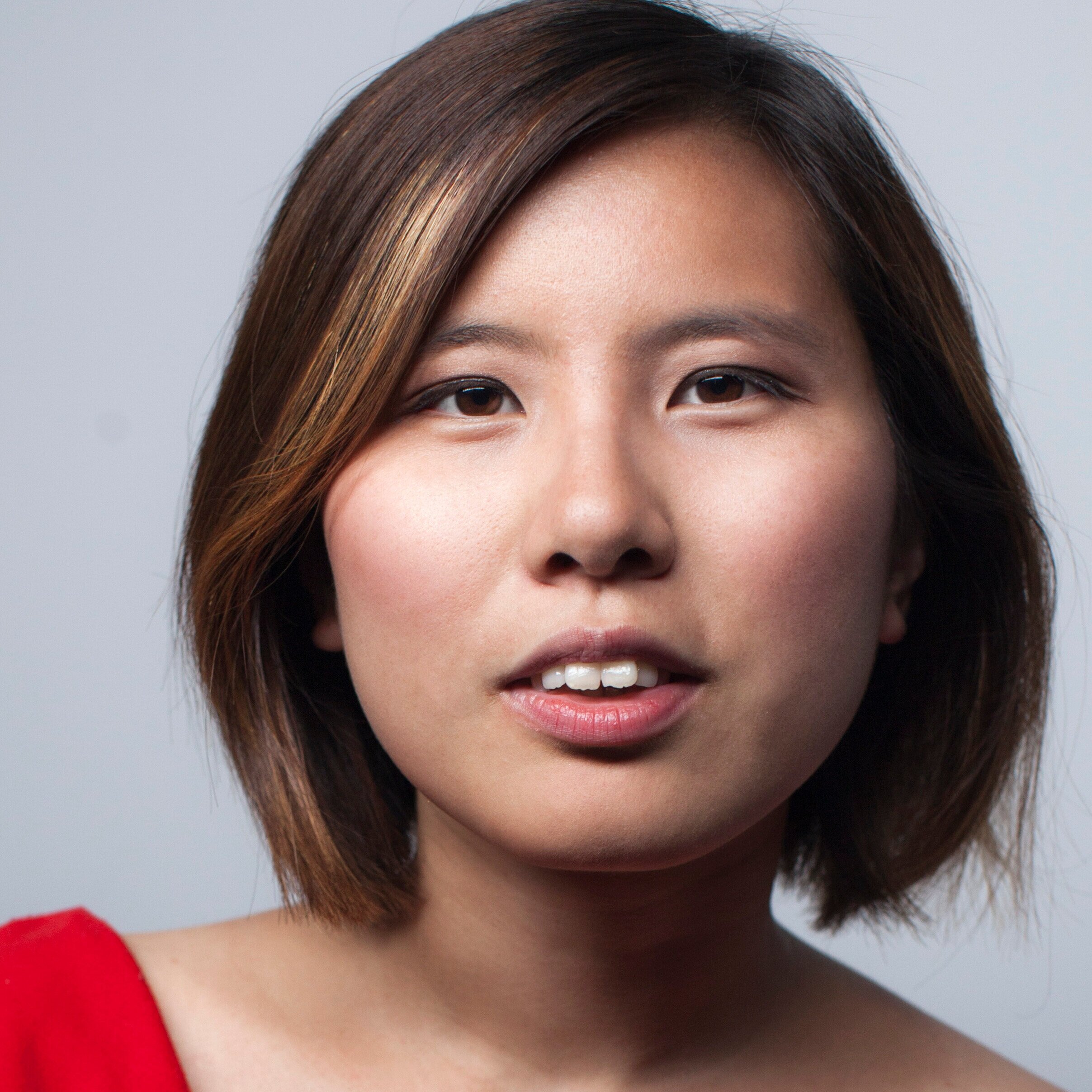
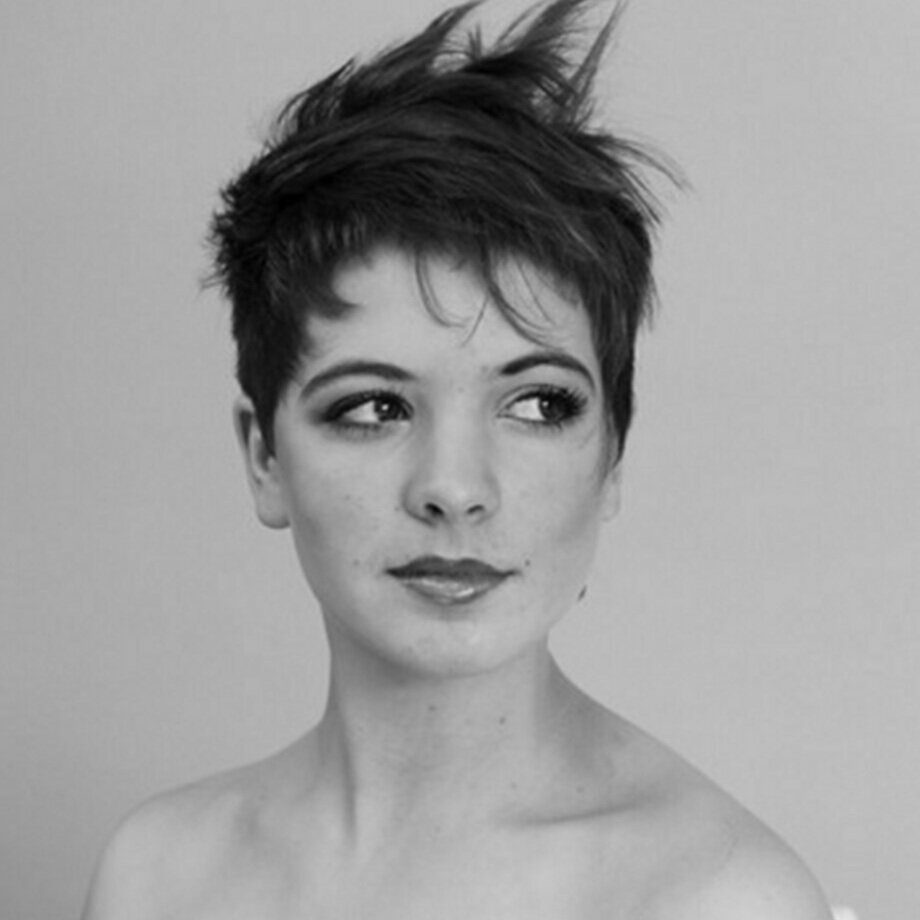
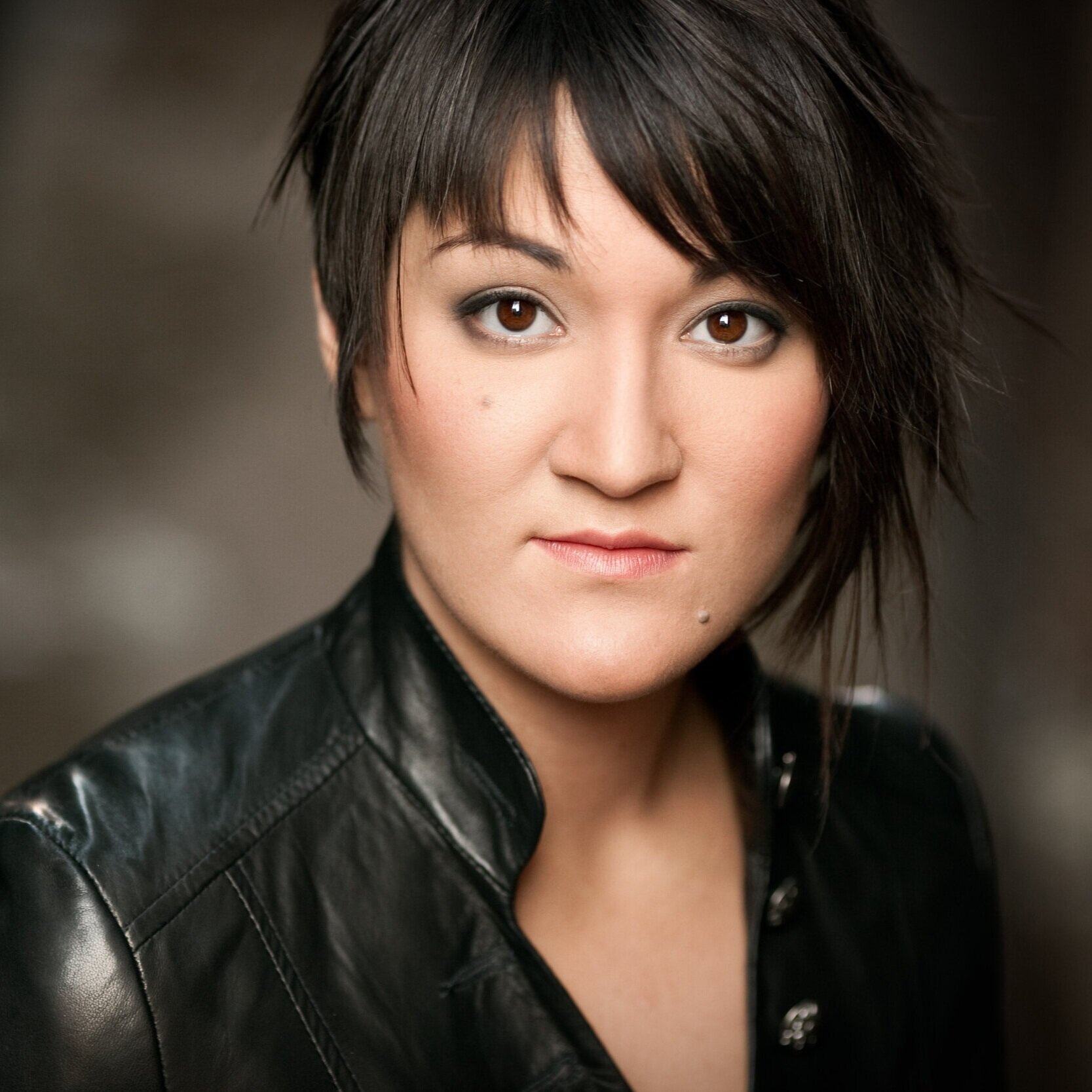

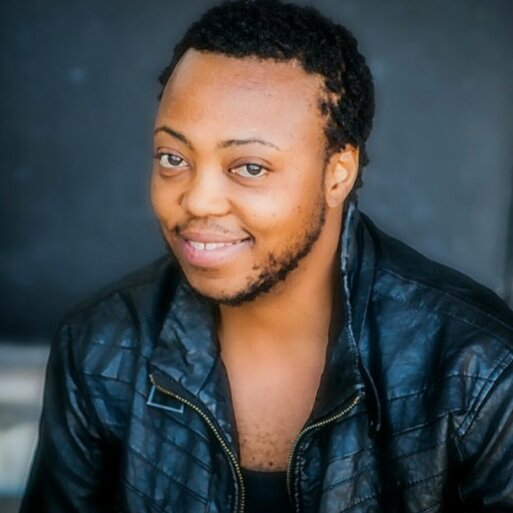
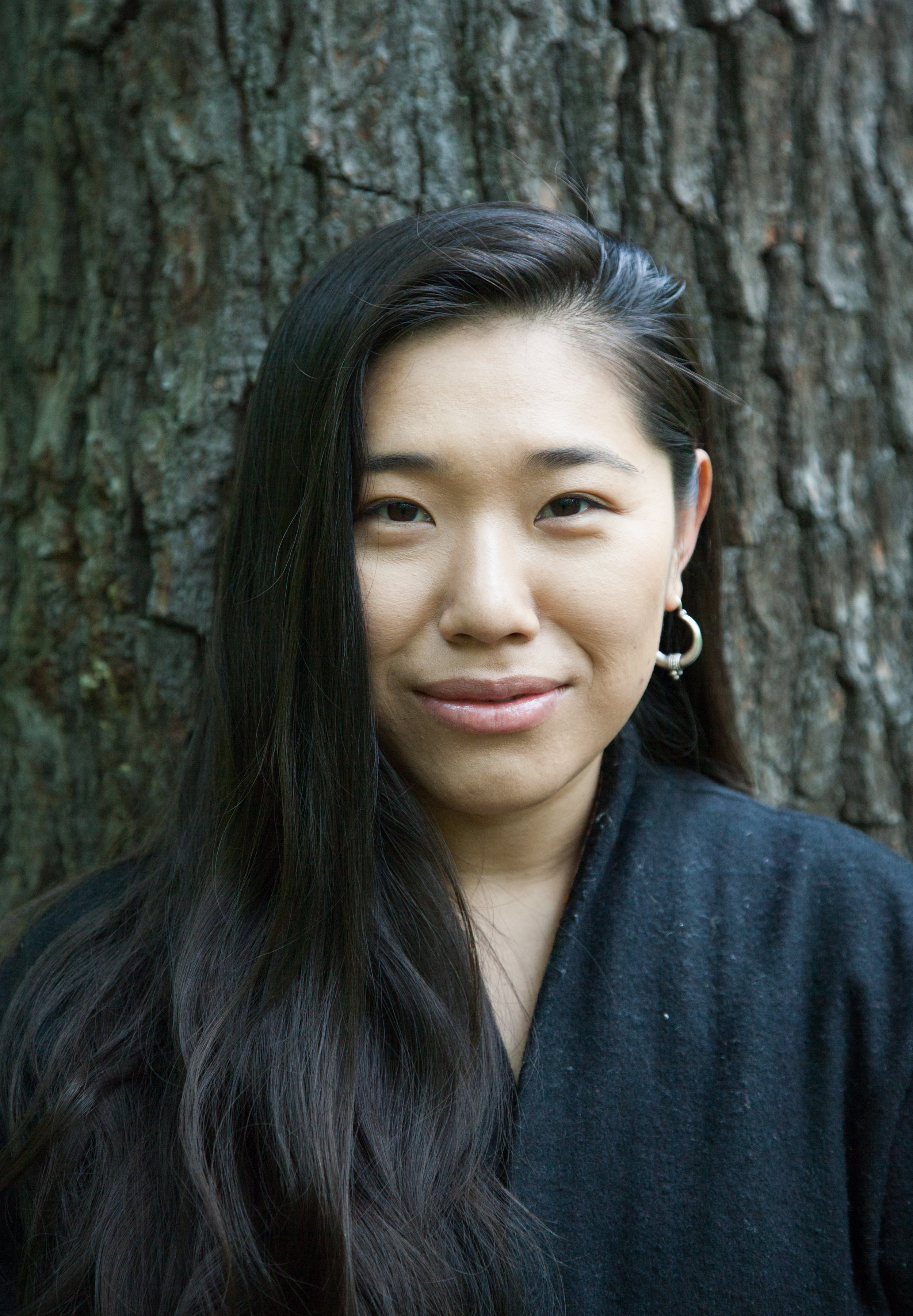
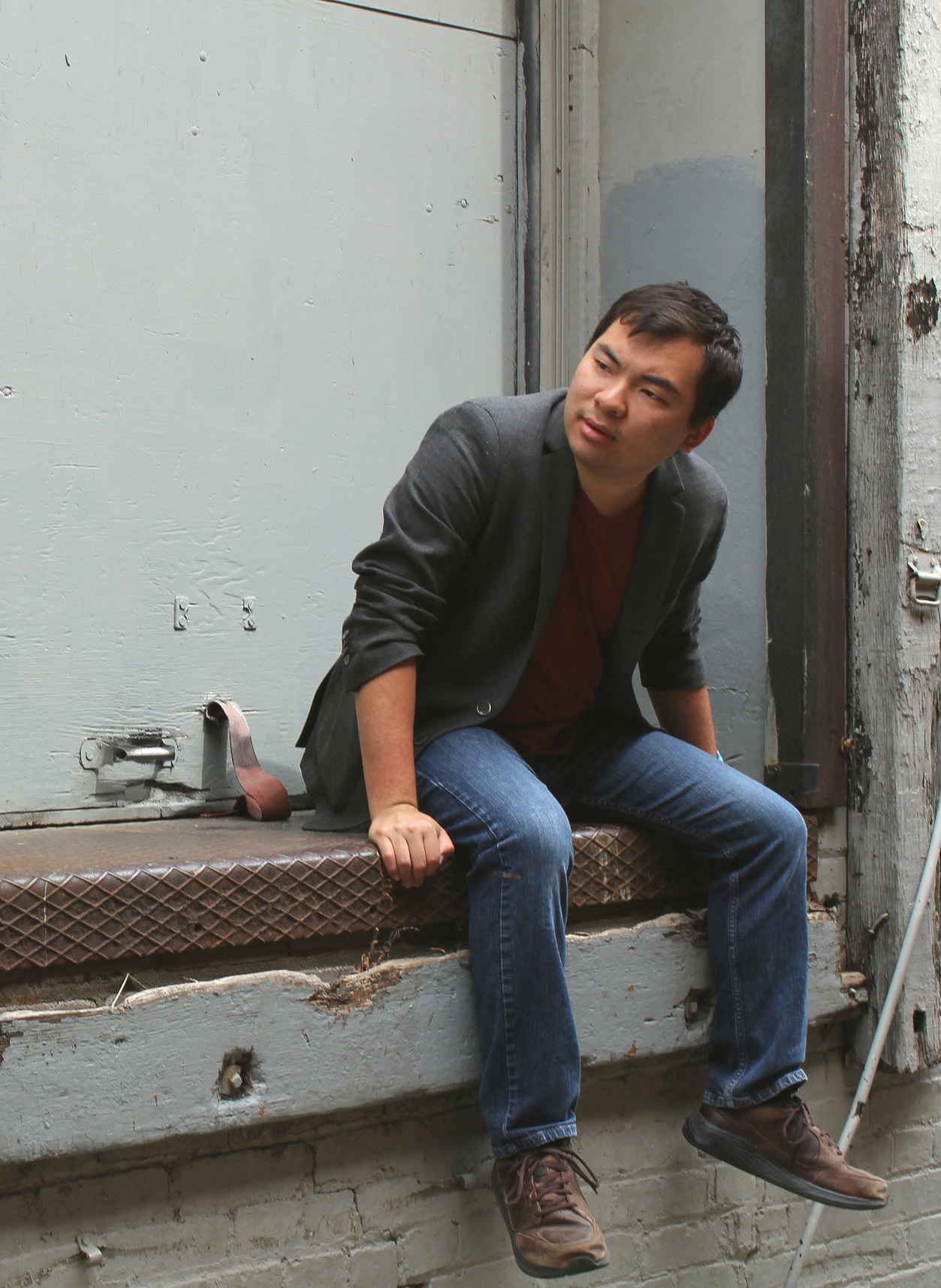
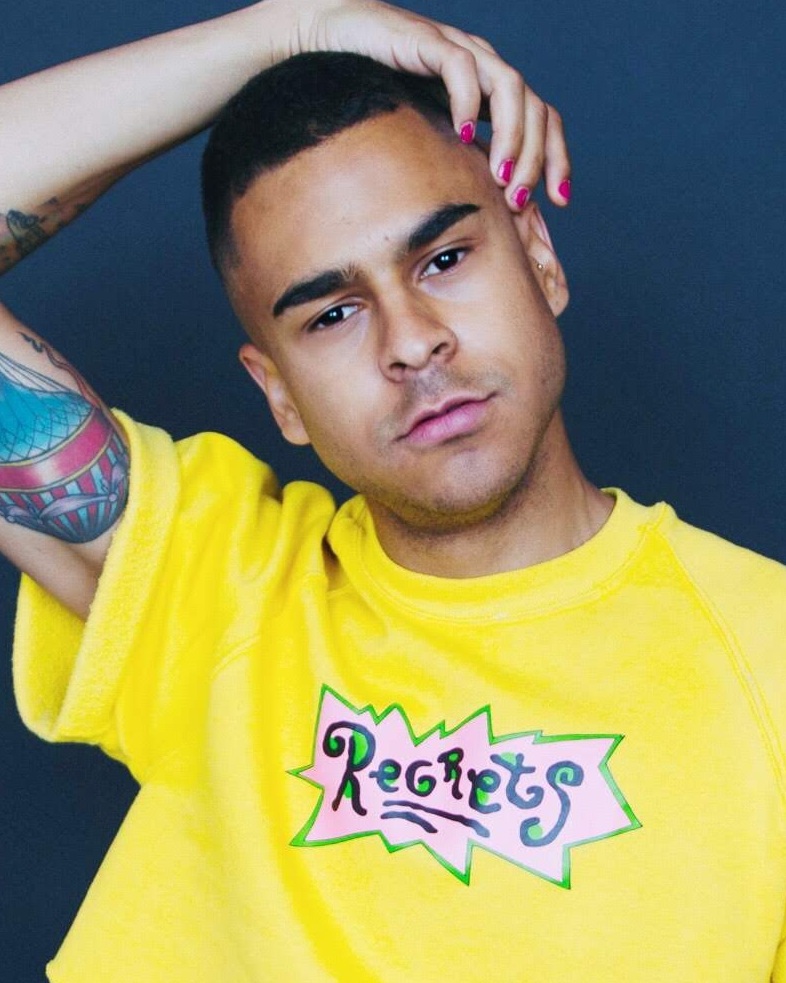
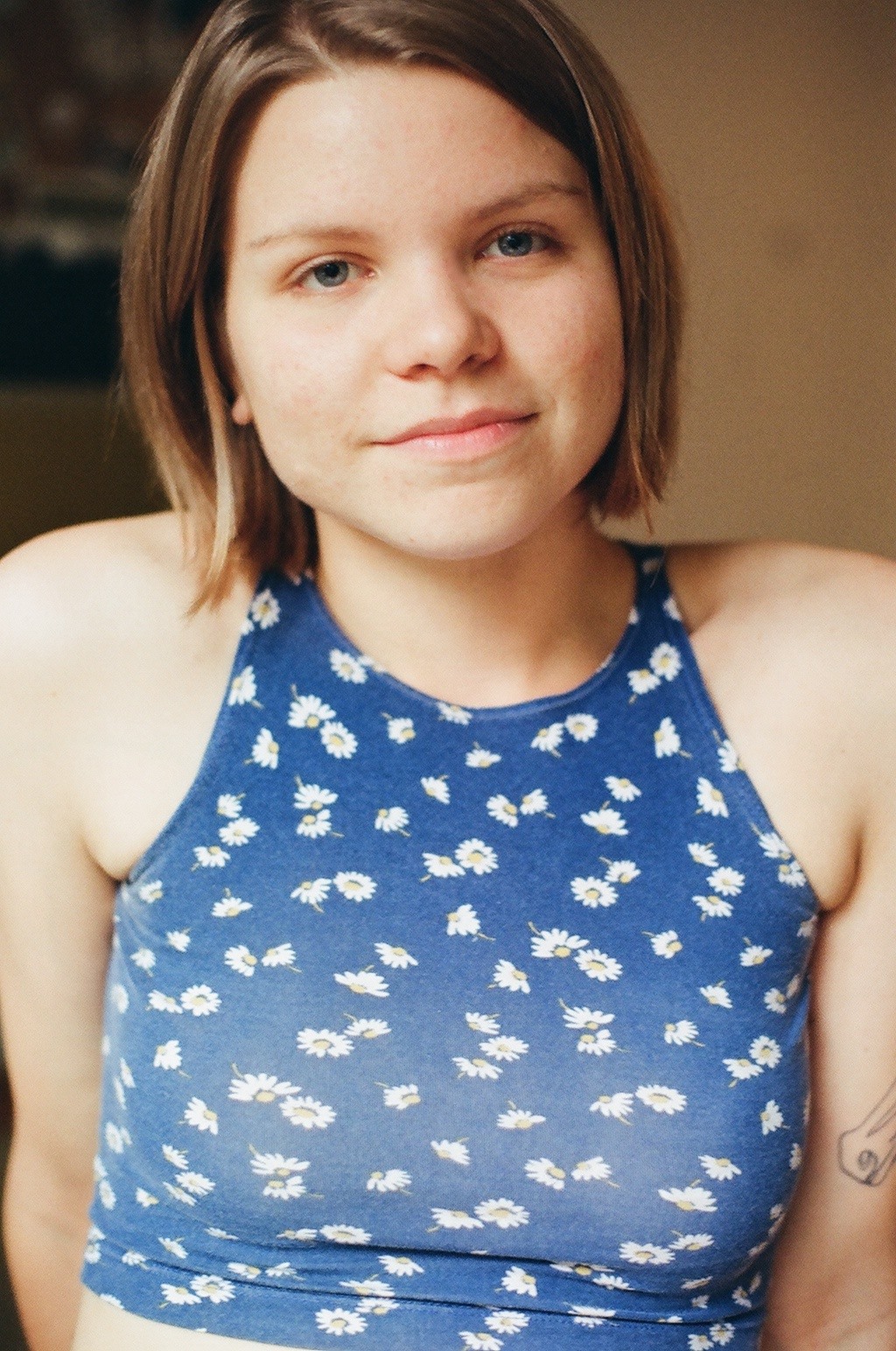


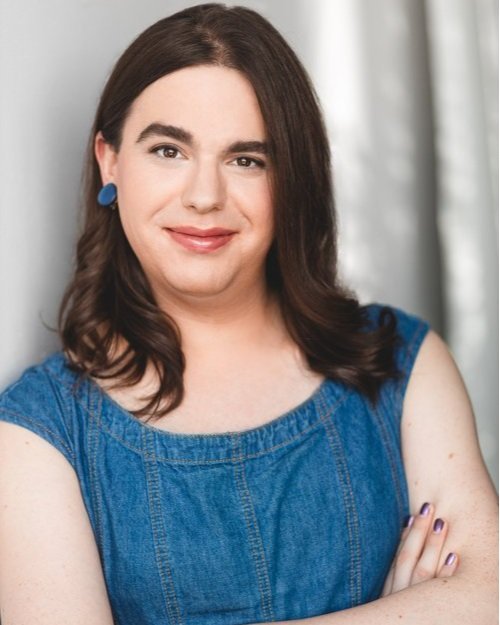
![brawk hessel (s/[t]he[y]/it), 2021](https://images.squarespace-cdn.com/content/v1/5565ecede4b0df78d78d2b36/1679686929305-2JGZX6YWCZVQDPER1ZDK/Brock%2BHessel.jpg)


